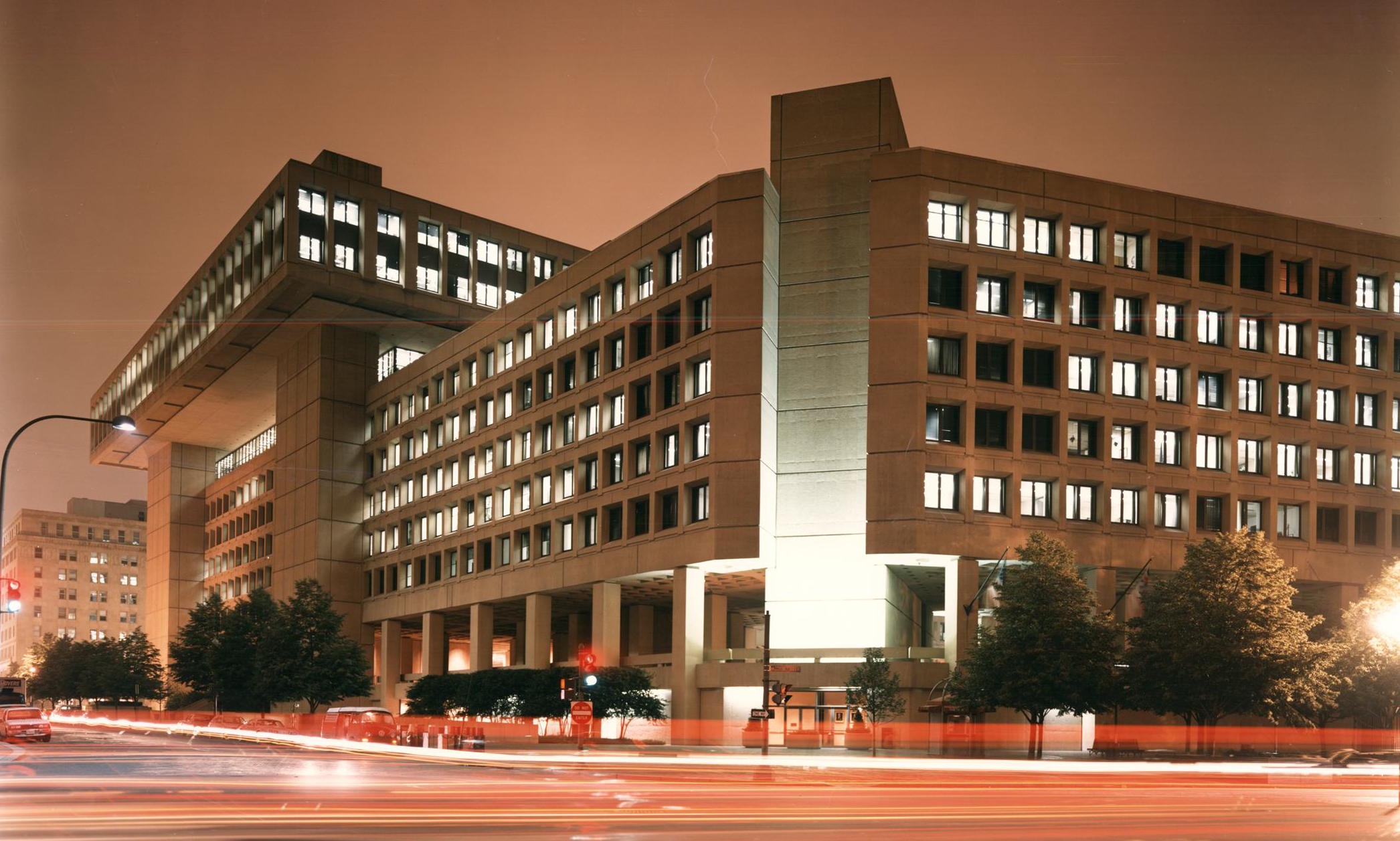Intelligence briefings for presidential candidates, a tradition since 1952, have stirred more controversy this year than in any campaign since 1960, as the critics of Democratic nominee Hillary Clinton and Republican Donald Trump say they can’t be trusted with vital national security information.
Trump’s habit of saying or tweeting anything that comes into his mind has led to unsubstantiated claims that he spilled secret information about Saudi Arabia, while critics such as House Speaker Paul Ryan say Clinton’s past use of an unsecured email server makes her ineligible to receive classified information.
Since President Harry Truman started the briefings to make sure the two nominees didn’t inadvertently veer into topics that interfered with ongoing policy, most briefings have been routine and uneventful. But there was an exception in 1960, when the fate of U.S. policy in Cuba drove much of the political debate, and that led to a change in nominee briefings that endures to this day.
Republican Vice President Richard Nixon and Democratic Sen. John Kennedy of Massachusetts were locked in an extremely tight race for the presidency. Kennedy claimed the incumbent administration of President Dwight Eisenhower was soft on the newly minted communist government of Fidel Castro in Cuba.
A growing exile community in the United States wanted Castro gone, and in March 1960, Eisenhower approved a covert program to oust Castro.
During the final weeks of the campaign, the Kennedy campaign released a statement calling for a brigade of exiled Cubans to retake Cuba. Kennedy, who was sleepingwhen the statement was issued, never saw it before it was released.
To read more click here.
Other Stories of Interest
- Banker Kills Himself During FBI Raid at Home Where Wife Committed Suicide
- 7 Arrested by FBI in Connection to Socorro Drug Ring
- FBI: Man Accused of Assaulting Federal Officer in New Mexico
- How ISIS’ Secret Service Built Global Network of Killers
- Anti-Muslim Rhetoric Hurts Fight Against Terrorism, Homeland Security Chief Says






